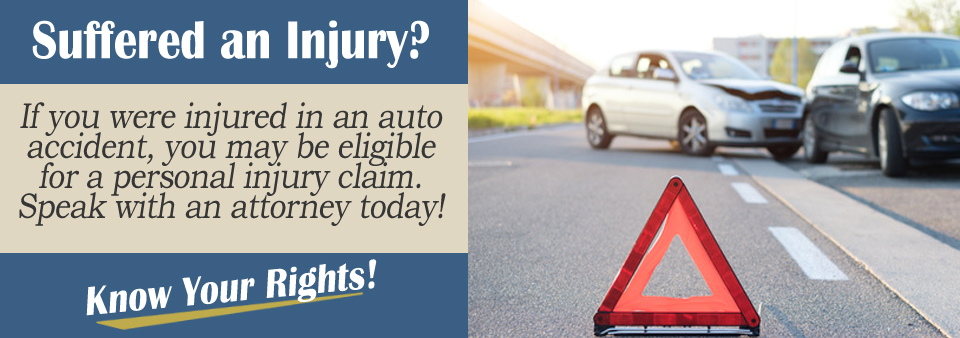You did all the right things, including signaling a turn and using your left arm to confirm your driving intention. Unfortunately, another driver did not see your driving intention and you had to swerve to avoid contact with the other driver. Your swerving action moved you into another lane, which caused you to hit another vehicle.
The thrill of feeling free and the unsurpassed adrenaline rush have motivated millions of Americans to purchase motorcycles. In fact, by the end of 2017, there were an estimated 10 million motorcycles navigating the roads and highways that form the transportation system of the United States. With the popularity of a the two-wheel form of transportation, there is a cost that keeps personal injury attorneys busy.
Motorcycle accidents.
If you own bike, you have to know the rules of the game when it comes to filing an insurance claim after an accident on a motorcycle.
Why Do You Need to File a Claim?
Fault is the most important factor in determining the insurance claim filing process. If you are found at fault because of something you did while operating a motorcycle, then your insurance company will be on the financial hook for taking care of the property damage and any medical bills rung up because of personal injuries.
Conversely, if the other driver caused an accident, then the other driver’s insurance coverage is how you receive compensations for the costs associated with the crash.
Insurance adjusters typically assign fault in vehicle accident cases. Each insurance company involve in the investigative profess will interview all drivers involved in the crash, as well as talk with credible witnesses that provide convincing accounts of what happened.
If the adjusters for each insurance company reach different conclusions, the adjusters from each company must meet in an attempt to reach an agreement.
The Insurance Claim Process
A vehicle insurance claim represents a formal request issued to an insurance company to approve compensation to pay for the costs connected to a vehicle crash. Motorcycles are highly vulnerable to costly repair bills, as the vehicles have little protection to absorb the impact delivered by four wheel vehicles. If you were involved in an accident while riding a motorcycle, it is crucial to know how to proceed immediately after the crash.
The most important document that accompanies an insurance claim is the police report that details everything pertaining to the accident. Before interacting with the other driver or any witnesses, you should contact the closet law enforcement agency.
The responding officer will conduct a thorough on site investigation to present the information required for insurance adjusters to make claim decisions. A police officer is also a deterrent to prevent the other driver from becoming upset, which can lead to aggressive behavior.

Have a Personal Injury Lawyer on Your Side
Even if the insurance adjusters involved in determining fault after a motorcycle accident reach an agreement, the agreement might not be one that you think is fair. By hiring a state licensed personal injury attorney, you will receive a free initial consultation that determines whether you have a strong enough case to file a lawsuit in civil court.
Your lawyer will conduct an exhaustive investigation that includes compiling physical evidence and re-interviewing the same witnesses interviewed by the responding police officer. In addition, your personal injury attorney will ensure you file an accurate insurance claim in a timely manner.